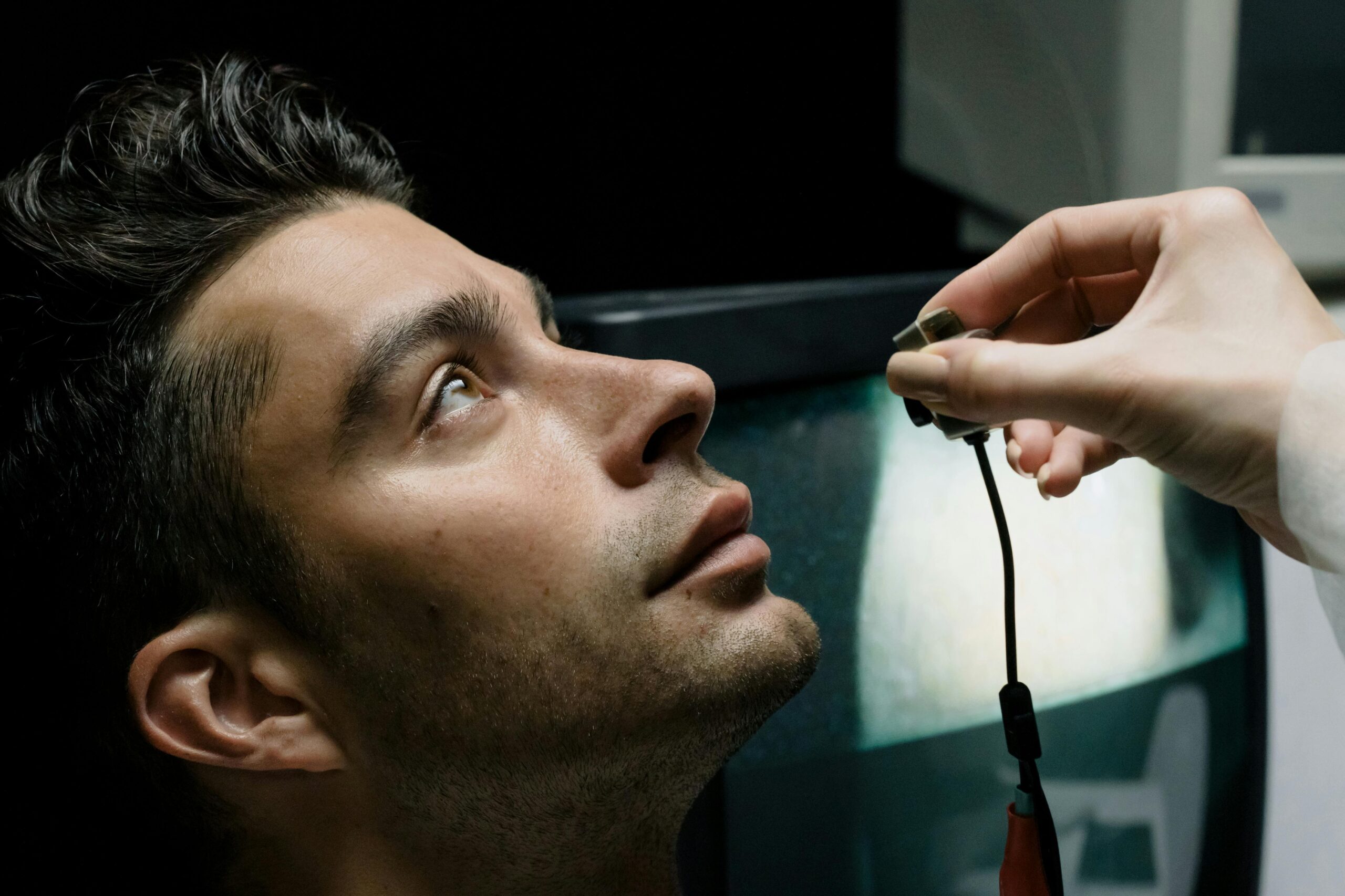A critical policy update from Immigration, Refugees and Citizenship Canada (IRCC) has reshaped the landscape for aspiring permanent residents. The temporary flexibility that allowed Express Entry candidates to defer their medical examinations has ended. Effective immediately, all individuals who receive an Invitation to Apply (ITA) must complete an upfront Immigration Medical Exam (IME) before submitting their application for permanent residence. This return to pre-pandemic protocol significantly impacts application timelines and requires immediate, proactive planning from all candidates.
Table of Contents
- A Major Shift in Express Entry: The Return of Upfront Medical ExamsDeciphering the Immigration Medical Exam (IME) RequirementNavigating the New Process: A Step-by-Step Guide for ITA RecipientsProfound Implications for Express Entry CandidatesKey Takeaways from This Monumental Policy ChangeFrequently Asked Questions (FAQ)
A Major Shift in Express Entry: The Return of Upfront Medical Exams
Immigration, Refugees and Citizenship Canada (IRCC) has officially reinstated the requirement for an upfront Immigration Medical Exam (IME) for all Express Entry candidates upon receiving an Invitation to Apply (ITA). This pivotal decision marks the end of the temporary public policy introduced during the COVID-19 pandemic, which provided flexibility for applicants to submit their permanent residence applications without a completed IME and provide it at a later date. The reinstatement of this rule is a significant step towards normalizing immigration processing and is intended to enhance the efficiency of the application system. By ensuring that medical admissibility is determined early in the process, IRCC aims to reduce potential backlogs and streamline final decision-making. For candidates, this change fundamentally alters the immediate steps to be taken after the excitement of receiving an ITA. The 60-day window to submit a complete electronic Application for Permanent Residence (e-APR) is now more demanding, as it must include proof that the medical examination has been completed. This policy shift underscores the importance of readiness and highlights the need for candidates to be fully prepared to act swiftly once they are invited to apply.
Deciphering the Immigration Medical Exam (IME) Requirement
The Immigration Medical Exam (IME) is a standard and non-negotiable component of the Canadian immigration process, designed to ensure that a potential immigrant does not pose a health risk to the Canadian public and will not place excessive demand on Canada’s health or social services. This examination must be conducted by a Panel Physician, a doctor specifically authorized by IRCC to perform these assessments. It is crucial to understand that a medical exam from a personal family doctor will not be accepted. The IME itself is a comprehensive health check-up that typically includes a physical examination, a review of your medical history, chest x-rays for most applicants, and laboratory tests for various conditions. This requirement extends not only to the principal applicant but also to all dependent family members, including a spouse or common-law partner and dependent children, regardless of whether they are accompanying the principal applicant to Canada. The results of the IME are sent directly by the Panel Physician to IRCC for assessment by a medical officer. Applicants receive a document, such as an information sheet or a copy of the IMM 1017B Upfront Medical Report form, as proof of completion, which must be uploaded with their PR application. This process is fundamental to establishing medical admissibility, a core pillar of Canada’s immigration criteria.
Navigating the New Process: A Step-by-Step Guide for ITA Recipients
Receiving an Invitation to Apply (ITA) is a moment of triumph, but with the new mandatory medical exam rule, it is also a call to immediate action. The 60-day countdown to submit a complete application begins the moment the ITA is issued. The first and most critical step is to locate and book an appointment with an IRCC-approved Panel Physician. A comprehensive list of these physicians is available on the official IRCC website, searchable by country and city. It is advisable to contact a clinic as soon as possible, as appointment availability can be limited, especially in high-demand regions. When attending the appointment, candidates must bring specific documentation, including a valid passport, photographs (if required by the clinic), and a copy of their ITA. The Panel Physician will perform the examination and then submit the results electronically to IRCC through the eMedical system. The candidate will be given an information printout sheet or a similar document confirming the exam was completed. This document is the crucial piece of evidence that must be uploaded to the designated placeholder in the e-APR portal. Failing to provide this proof can result in the application being deemed incomplete and consequently rejected, forcing the candidate to re-enter the Express Entry pool and wait for another ITA.
Profound Implications for Express Entry Candidates
The return to mandatory upfront medical exams has profound implications for Express Entry candidates, primarily by intensifying the pressure within the 60-day application submission window. This period, which is already a race against time to gather extensive documentation such as reference letters, police certificates, and proof of funds, now includes the added logistical challenge of securing and completing a medical exam for the entire family. In many countries, the number of authorized Panel Physicians is limited, which can lead to significant waiting times for an appointment. This potential bottleneck requires candidates to be exceptionally organized and proactive. The financial aspect is another key consideration; the cost of an IME varies by country and physician but represents an immediate, non-refundable expense that must be factored into immigration budgets. This policy change effectively eliminates any grace period for medicals, meaning candidates who are not prepared could easily miss their submission deadline. Therefore, it is highly recommended that individuals in the Express Entry pool proactively identify their nearest Panel Physician and understand their booking process even before receiving an ITA. This foresight can be the deciding factor in successfully submitting a complete and timely application for permanent residence.
Frequently Asked Questions (FAQ)
What is an Immigration Medical Exam (IME)?
An Immigration Medical Exam (IME) is a mandatory health screening required by the Canadian government for immigration applicants. It is conducted by an IRCC-approved Panel Physician to ensure an applicant is medically admissible to Canada and does not pose a public health risk or place excessive demand on the healthcare system.
How do I find an approved Panel Physician?
You can find a list of all IRCC-authorized Panel Physicians on the official Immigration, Refugees and Citizenship Canada (IRCC) website. The directory is searchable by country and city, allowing you to locate the nearest approved clinic to schedule your examination.
What happens if I cannot get a medical exam within the 60-day deadline?
If you cannot complete your medical exam and submit your application within the 60-day window after receiving an ITA, your application will be considered incomplete and will likely be rejected. This would require you to re-enter the Express Entry pool and wait for a new Invitation to Apply, with no guarantee of receiving one.
Does my entire family need a medical exam for my Express Entry application?
Yes, the medical exam requirement applies to the principal applicant as well as all dependent family members. This includes your spouse or common-law partner and your dependent children, even if they are not accompanying you to Canada.
How long is a medical exam valid for?
The results of an Immigration Medical Exam are valid for 12 months from the date of the examination. If you do not land in Canada as a permanent resident within this 12-month period, you may be required to undergo another medical exam.
Talk to us to find out more. ->
The content above is not intended to provide legal advice or opinions of any kind and may not be used for professional or commercial purposes.







